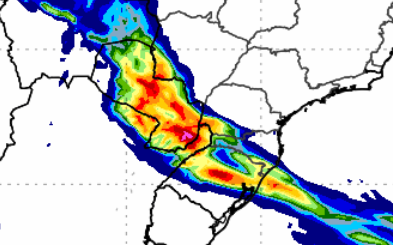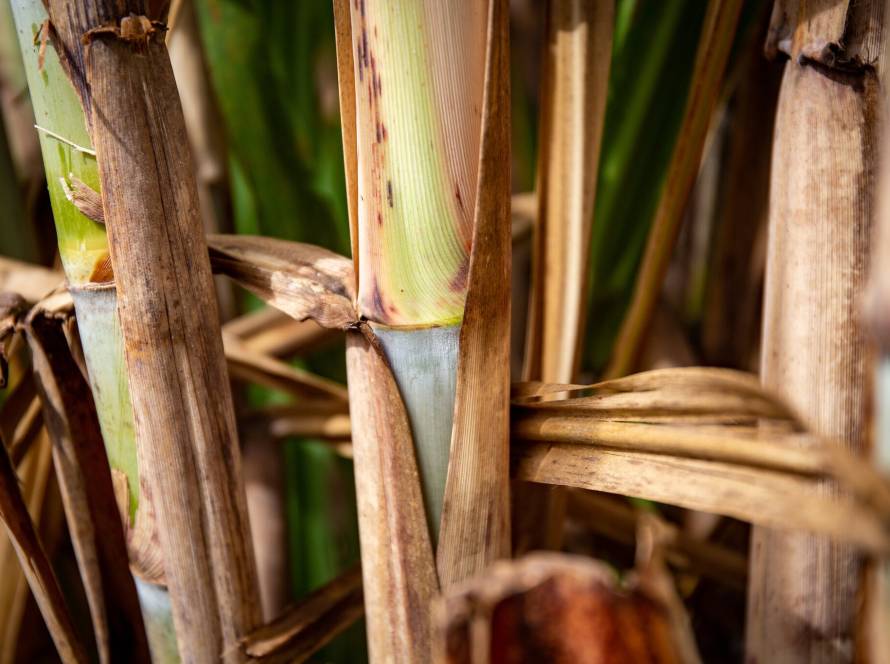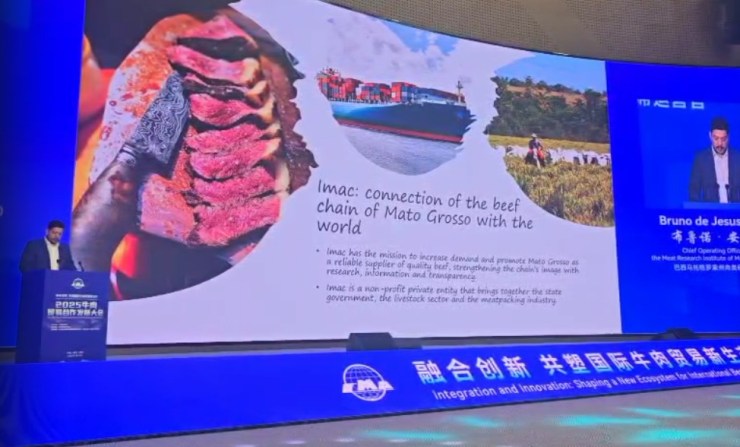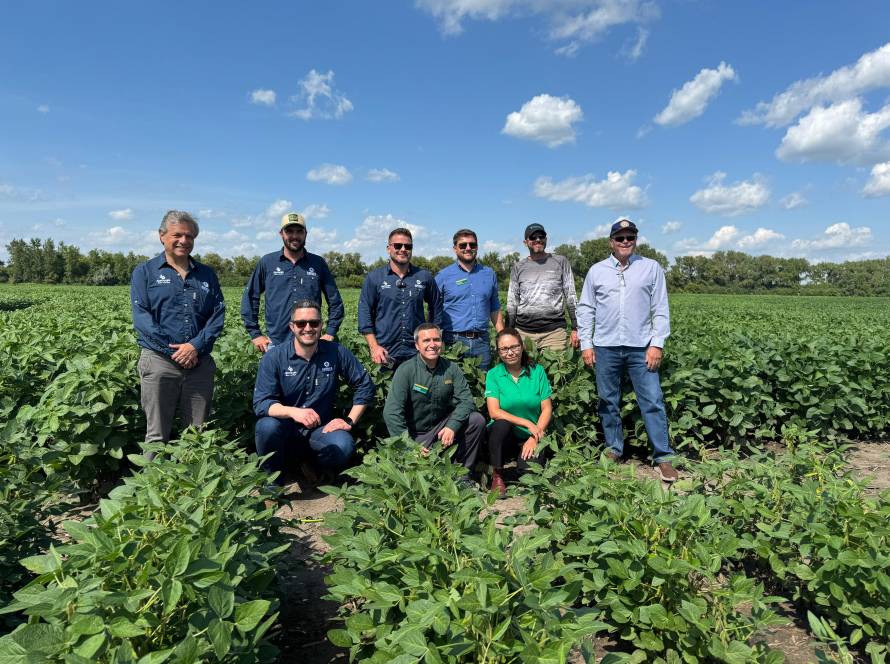In addition to Mato Grosso's beef export volume—the largest among Brazilian states and the 9th largest if the state were a country—the excellence of its animal protein, sourced from the best meats on the international market, has also attracted attention in the last decade. Among the premium cuts available in Mato Grosso is Wagyu, one of the most prized cuts in the world.
If a few decades ago it was necessary to look for meat from other states to find superior quality, today the unique Mato Grosso meat delivers products with high added value, standing out for its good marbling, the interspersed fat that gives the meat tenderness and juiciness.
A master barbecue chef with almost 20 courses under his belt, Waldez Souza Miranda claims that the meat produced in the state is among the best in the world, with attributes similar to the cuts exported by countries like Uruguay, Argentina and the United States.
"In Mato Grosso, there's no such thing as low-quality meat. The breeder's dedication, from birth to slaughter, is impressive and results in phenomenal, high-quality meat," explains Waldez.
"We are Brazil's largest beef exporter. Our meat is extremely Chinese and second to none in the world. Today, we no longer need to leave Mato Grosso to consume premium beef with excellent marbling. Our cattle are pasture-raised, genetically enhanced, and this provides us with excellent meat," emphasizes the barbecue chef.
The most common breed in Mato Grosso's herds, Nelore, has also undergone improvements in recent decades in the pursuit of higher-quality meat. Among the projects pursuing this goal is the Nelore Carcass Brotherhood, which brings together members from across the country in this effort to increase yield and add value to the product.
"I've been involved in this project for 10 years, working to increase the meat content of Nelore cattle. We're also using genetics to improve meat quality by incorporating marbling. This way, we're able to bring excellent-quality beef to market," explains Marco Túlio Duarte Soares, a cattle rancher for over 30 years.
For the Project Director at the Mato Grosso Meat Institute (Imac), Bruno de Jesus Andrade, the consumer profile, both in the domestic and international markets, has changed in the last decade, with an increase in the search for high added value animal protein.
"This change is positive and demonstrates the recognition of the quality of our meat, both in Brazil and abroad. Previously, the best cuts were almost exclusively destined for export. Now, the people of Mato Grosso also have access to the same excellence that reaches other countries," Andrade emphasizes.
"The state was already a benchmark for good livestock practices and is now consolidating itself as a supplier of premium meat to Brazil and the world. Even regional establishments are investing in local meat as a differentiated product, with a strong appeal of origin and flavor," adds the director of Imac.
Mato Grosso in the spotlight of the global market
The quality of meat produced in the state will be one of the topics discussed at the World Meat Congress, one of the largest events in the sector in the world, which will be held for the first time in Brazil, in October, in Cuiabá.
The conference has already been held in countries such as the United States, Australia, Argentina, Mexico, Uruguay, and the Netherlands. In 2025, the theme will be "Sustainability and Technological Innovation," reinforcing the commitment to the future of animal protein production. The event brings together the entire production chain and promotes the global exchange of knowledge and experiences.




